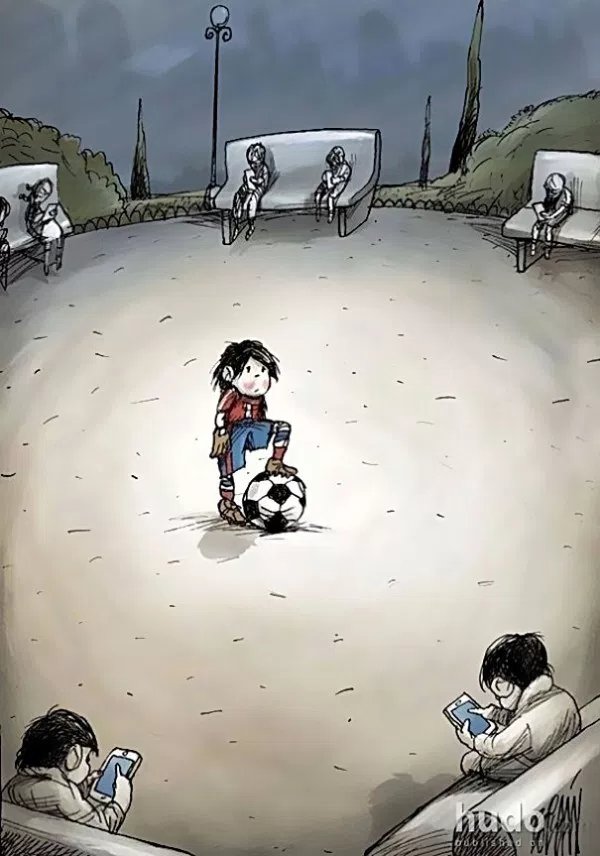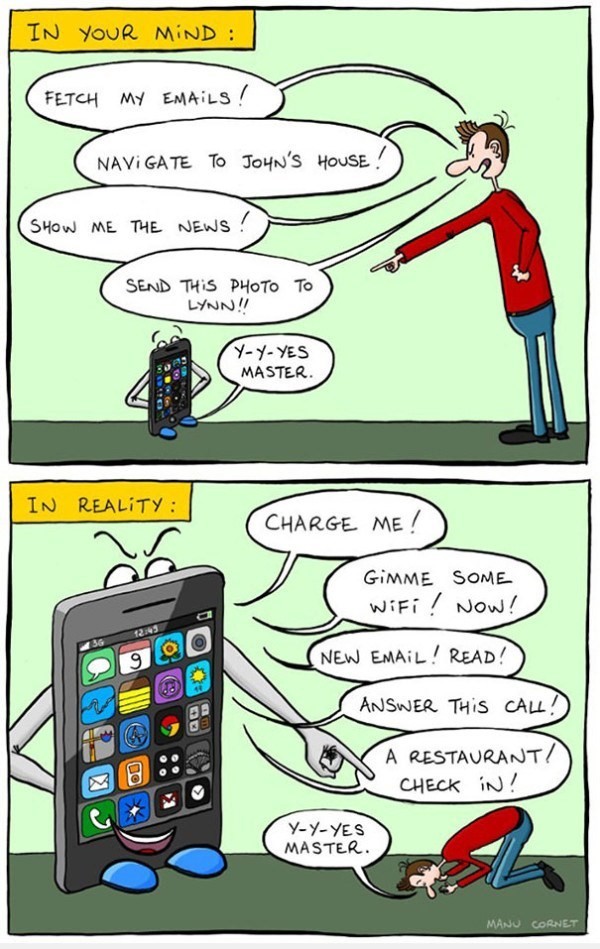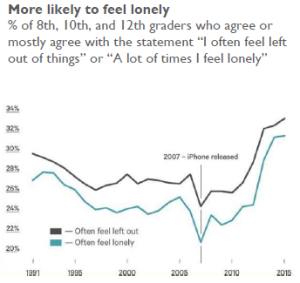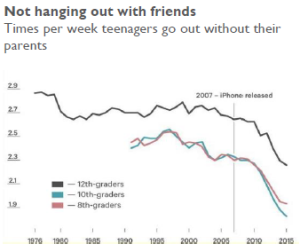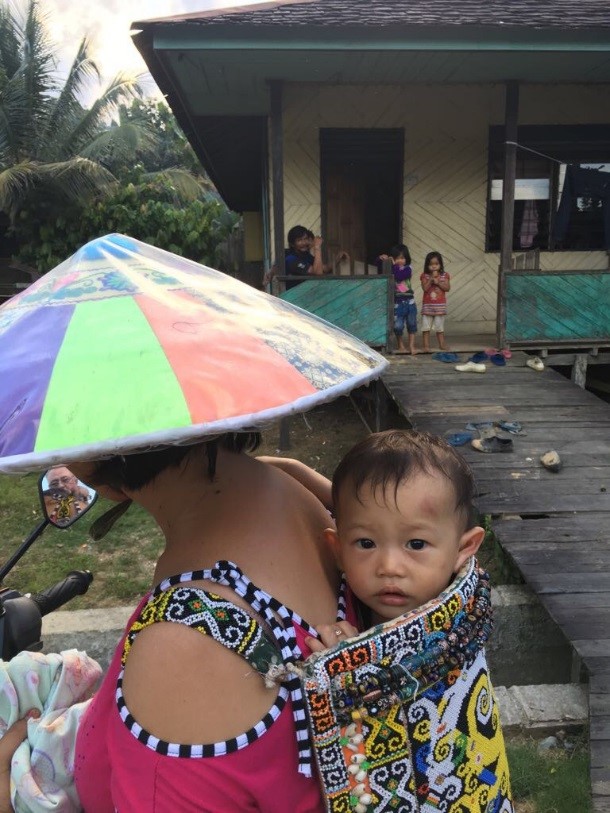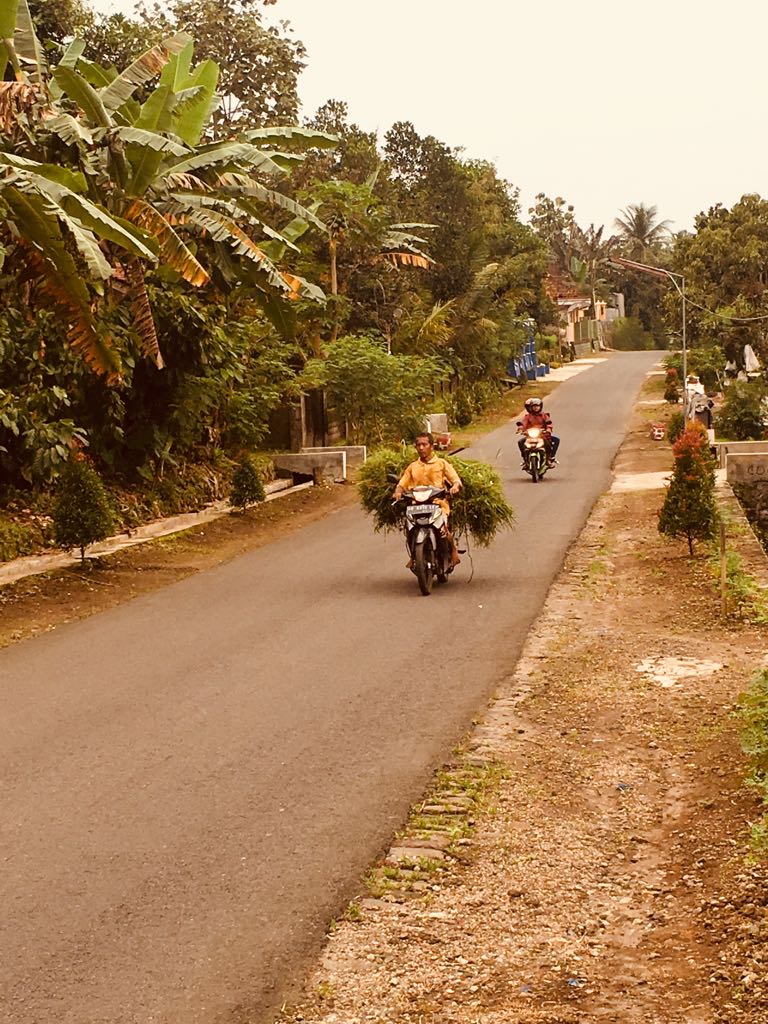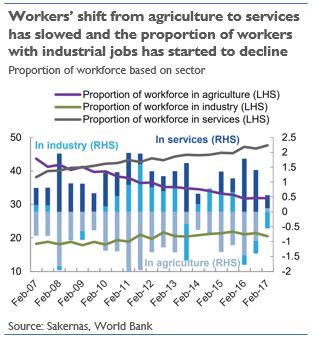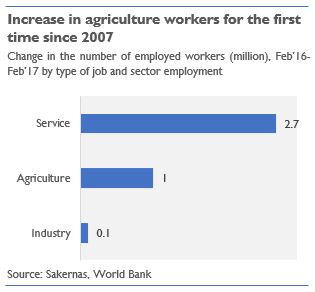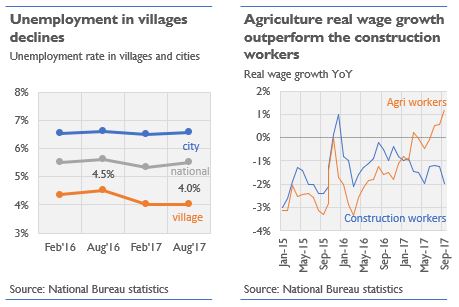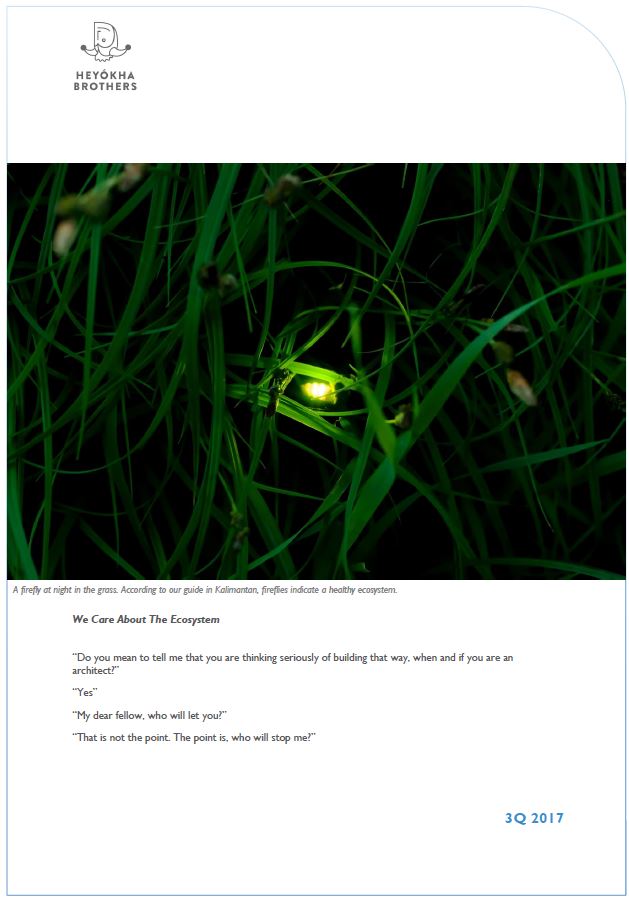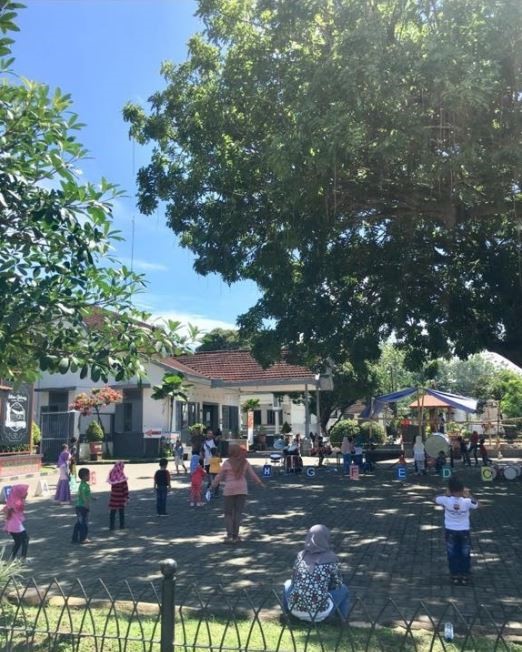

In our 1Q 2017 report, we discussed how tech companies design their products to activate pleasure centres in our brain so that we get hooked. Digital drugs, so to speak.
While we worried about people’s loss of creativity and inability to do “deep work” as a consequence of these addictive and distracting products, it seems much more is at stake. And that is, the wellbeing of our young kids.
Source: https://pulptastic.com/
That is at least the message of a recent thought-provoking article written by Professor of psychology Jean M. Twenge, in which she describes unprecedented shifts in teen behaviour that are coinciding with the proliferation of smartphones (see graphs below for two examples).
In the piece, Twenge writes that it’s not an exaggeration to describe the post-millennial cohort – those born between 1995 and 2012 – as being on the brink of the worst mental health crisis in decades. Much of this deterioration can supposedly be traced to their phones.
Source: The Atlantic
Behaviour is indeed changing at an unprecedented pace and parents are probably as guilty in dealing with the “digital drugs” problem. We’ve disengaged ourselves since we’re too busy looking down at our screens. The painful reality is that we as parents are equally distracted.
In a world where kids are increasingly staying inside their semi-gilded cages and don’t have a proper chance to spread their wings, it is refreshing to share the following pictures from our extensive trip to the remote places of Indonesia.
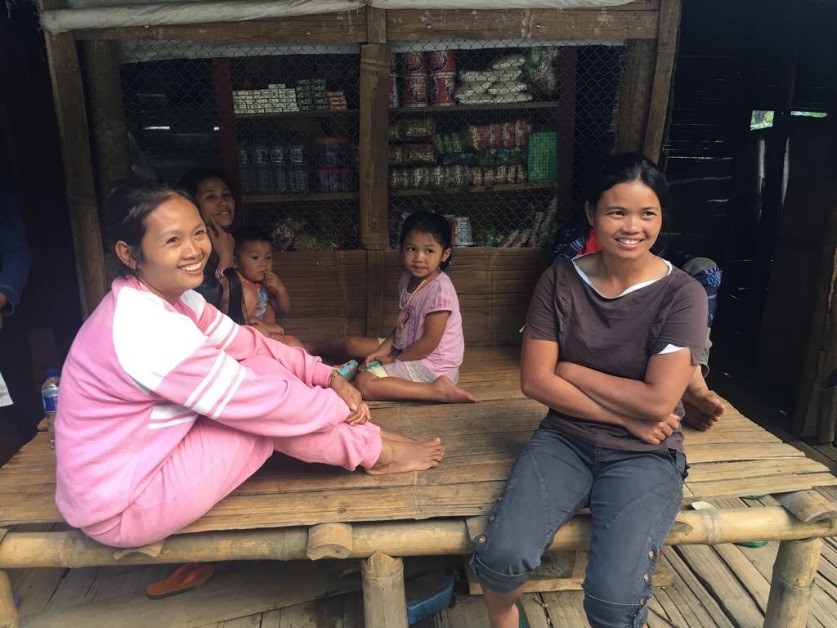
Partly thanks to limited 3G network in the remote areas, family members are still communicating face to face and kids still have real (as opposed to digital) friends. They can’t just block each other over a disagreement.
The digital era will arrive there sooner or later, but for now, life in the remote areas is a timely reminder of the “good old days” where real contact and real friends bring joy. This is definitely one of Heyokha’s new year resolutions.
Kids in Blitar, East Java, are still playing real games outdoor instead of playing “League of Legends” in their smartphone. (right) Instead of sharing the baby picture on Instagram to harvest “likes”, this mother in Mahakam Ulu in deep Kalimantan forest brought the real baby to see relatives. (left)
Admin heyokha
Share
In our 1Q 2017 report, we discussed how tech companies design their products to activate pleasure centres in our brain so that we get hooked. Digital drugs, so to speak.
While we worried about people’s loss of creativity and inability to do “deep work” as a consequence of these addictive and distracting products, it seems much more is at stake. And that is, the wellbeing of our young kids.
Source: https://pulptastic.com/
That is at least the message of a recent thought-provoking article written by Professor of psychology Jean M. Twenge, in which she describes unprecedented shifts in teen behaviour that are coinciding with the proliferation of smartphones (see graphs below for two examples).
In the piece, Twenge writes that it’s not an exaggeration to describe the post-millennial cohort – those born between 1995 and 2012 – as being on the brink of the worst mental health crisis in decades. Much of this deterioration can supposedly be traced to their phones.
Source: The Atlantic
Behaviour is indeed changing at an unprecedented pace and parents are probably as guilty in dealing with the “digital drugs” problem. We’ve disengaged ourselves since we’re too busy looking down at our screens. The painful reality is that we as parents are equally distracted.
In a world where kids are increasingly staying inside their semi-gilded cages and don’t have a proper chance to spread their wings, it is refreshing to share the following pictures from our extensive trip to the remote places of Indonesia.

Partly thanks to limited 3G network in the remote areas, family members are still communicating face to face and kids still have real (as opposed to digital) friends. They can’t just block each other over a disagreement.
The digital era will arrive there sooner or later, but for now, life in the remote areas is a timely reminder of the “good old days” where real contact and real friends bring joy. This is definitely one of Heyokha’s new year resolutions.
Kids in Blitar, East Java, are still playing real games outdoor instead of playing “League of Legends” in their smartphone. (right) Instead of sharing the baby picture on Instagram to harvest “likes”, this mother in Mahakam Ulu in deep Kalimantan forest brought the real baby to see relatives. (left)
Admin heyokha
Share


